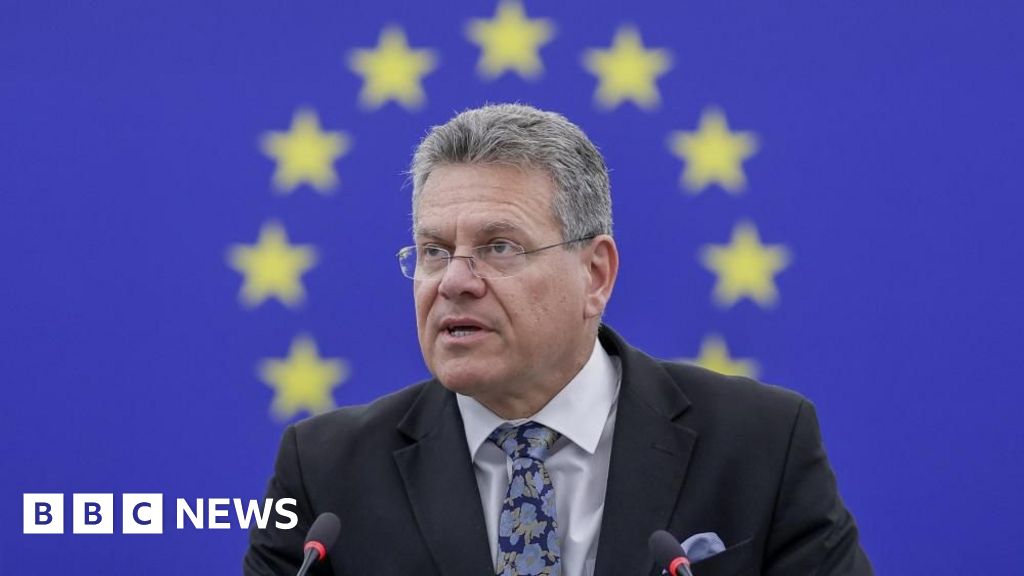
Global investors are grappling with heightened uncertainty in financial markets, driven by erratic trade policy signals and inconsistent economic messaging from the United States. The current environment has made it particularly difficult for market participants to develop long-term investment strategies, with many comparing the present volatility to levels last seen during the height of the 2020 COVID-19 crisis.
The unpredictability is largely attributed to fluctuating trade rhetoric from U.S. officials, which has sown confusion among investors attempting to assess future economic directions. These mixed messages are having destabilizing effects on global markets, causing sudden shifts in investor sentiment and market valuations.
In addition to trade-related concerns, global markets are also contending with chaotic economic forecasting. Analysts say inconsistent macroeconomic indicators and conflicting policy signals are making it challenging to gauge both short- and long-term economic trajectories.
The current market dynamics have led many institutional investors to reduce their exposure to riskier assets and adopt more defensive positions. This cautious approach reflects a broader industry sentiment that confidence in predicting market behavior has significantly deteriorated.
With central banks globally still navigating post-pandemic recoveries and inflation management, many analysts argue that greater transparency and consistency in U.S. trade and economic policy would provide much-needed clarity. Until such improvements occur, investors are likely to remain tentative, with many opting for short-term flexibility over long-term commitment.
In the absence of clear policy direction, global markets may continue to see increased volatility, with investor behavior heavily influenced by rapidly changing headlines rather than fundamental analysis.
Source: https:// – Courtesy of the original publisher.








